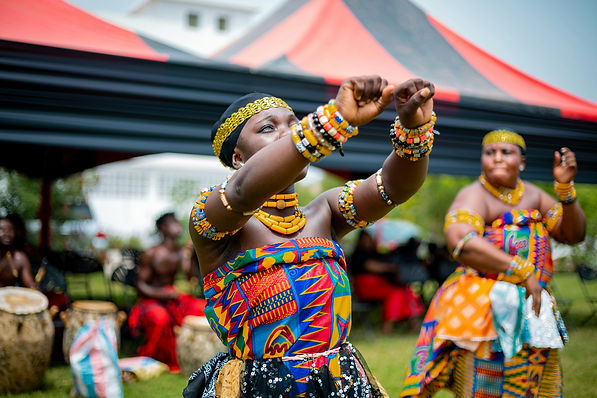

STIGMA SURROUNDING MENTAL HEALTH FOR GHANAIANS
The perception of mental health in Ghana is highly influenced by cultural beliefs and stigma. Many individuals associate mental illness with personal weakness or a lack of faith, creating a barrier that discourages them from seeking help.
This stigma often comes from society at large, but it can also stem from family and peers, contributing to a sense of shame. As a result, many Ghanaians may choose to endure their challenges in silence rather than confront the potential shame of seeking help.

Harrison, a Ghanaian-American highlights the stigma and shame surrounding the topic of mental health


CHALLENGES WITH ACCESS
Ghanaian individuals may not be accustomed to having access to mental health resources, which can lead to various challenges in their adjustment process. This lack of familiarity may manifest in different ways, such as reluctance to seek help, difficulty in understanding available services, or differing perceptions of mental health and wellness.
EDUCATION AND AWARENESS
Another significant barrier to seeking mental health assistance is the lack of awareness and knowledge regarding mental health issues. Many Ghanaians may not recognize the symptoms of mental disorders or may misunderstand them as typical life stressors.
Due to a lack of education and resources, individuals may not understand the importance of mental health care or how to access available services.
Ghanaians usually turn to therapy as their final option when all their previous attempts at spiritual and traditional healing have failed. Clients experience delayed intervention because of this which makes their symptoms grow more severe before they enter therapy.
